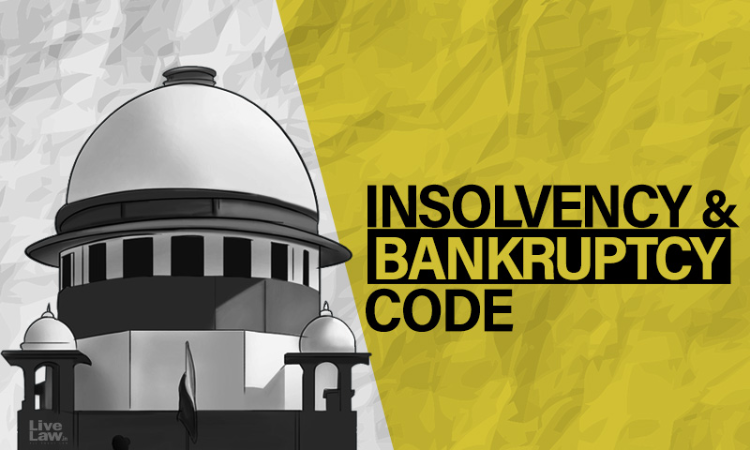IBC - Moratorium Period Can Be Excluded In Computing Limitation Period In A Suit/Application By Corporate Debtor: Supreme Court
Ashok KM
11 May 2022 5:40 PM IST

Next Story
11 May 2022 5:40 PM IST
The Supreme Court has held that the entire period during which the moratorium was in force in respect of corporate debtor can be excluded while computing the period of limitation for a suit or proceeding by the corporate debtor.In this case, the appellant, had approached the Apex Court challenging the Delhi High Court's order allowing the application filed by respondent corporate debtor...
